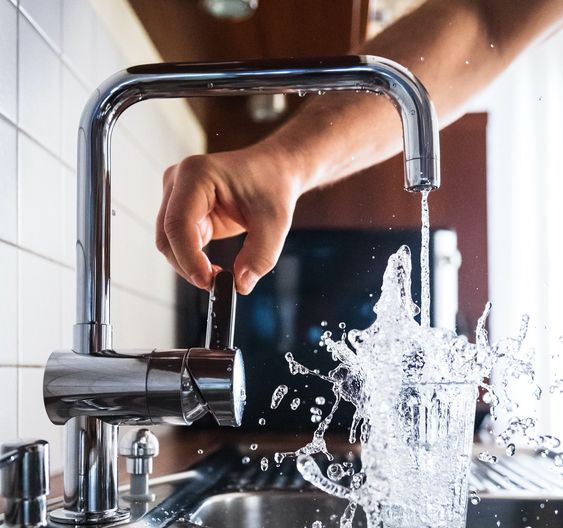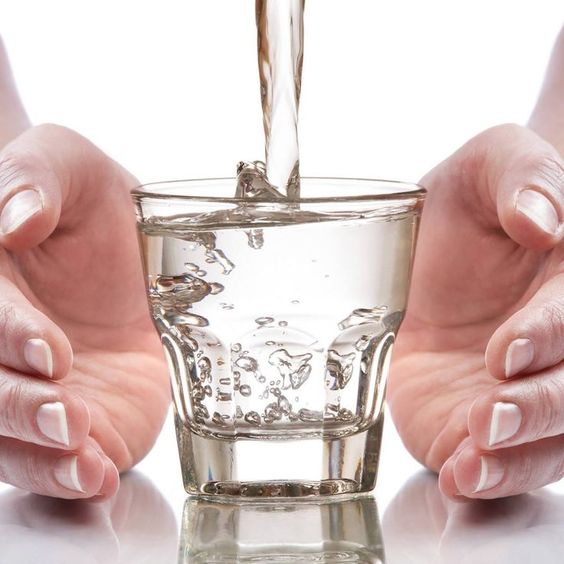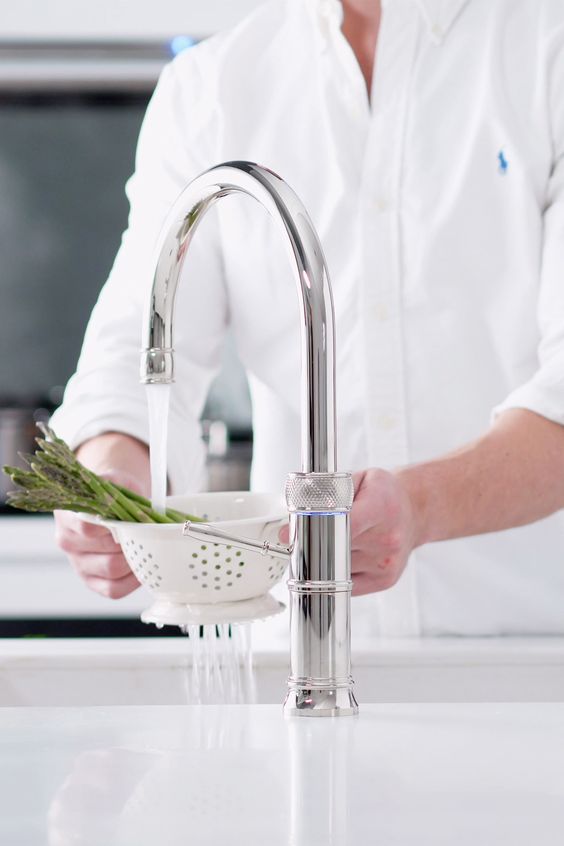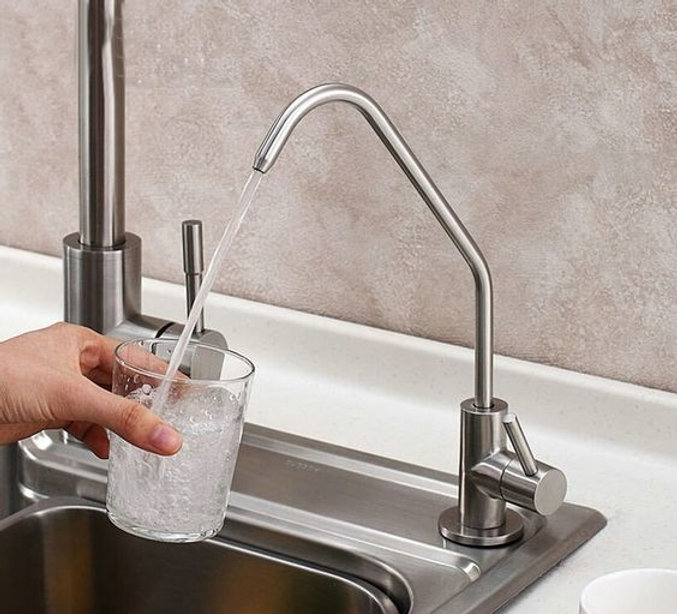Discuss the benefits of using a water filter compared to tap water
Do you know what’s in your tap water? Are you sure that it is safe for drinking and cooking, or are there any contaminants present? These are important questions to ask yourself when considering a water filter for your home. With the array of filtration systems available on the market today, you can be sure that your family is drinking clean and healthy water free from harmful impurities. In this blog post, we will discuss the many advantages of using a water filter compared to consuming tap water directly. We’ll cover topics such as chlorine removal, better taste and odor, lead reduction, and more – all pointing toward why choosing a quality filtered water system is essential for your home’s overall wellness. When it comes to keeping our bodies healthy and hydrated, nothing is as important as the water we drink. And while tap water is generally considered safe to drink, it’s not always the best option for those looking to optimize their health. In recent years, there has been a noticeable shift towards using water filters to purify drinking water. But, what exactly are the benefits of using a water filter? In this blog post, we’ll take a closer look at why you might want to consider using one. One of the biggest advantages of using a water filter in your home is that it effectively removes a wide range of impurities and contaminants from your drinking water. Tap water can be contaminated with all sorts of things, from microorganisms like bacteria and viruses to harmful chemicals like chlorine and fluoride. These impurities can not only affect the taste and smell of your water but also pose a risk to your health. A water filter can help to remove these impurities and make your water more pure and safe to drink. Better Taste and Smell Another perk of using a water filter is that it can instantly improve the taste and smell of your drinking water. Tap water can often have an unpleasant taste due to the presence of chlorine, sulfur, and other chemicals. Filtering your water can remove these impurities, providing a cleaner and more refreshing taste. Additionally, filters can help to reduce the presence of minerals like zinc and copper that can cause metallic tastes or odors. Cost-Effective Using a water filter is more cost-effective than continually purchasing bottled water. Over time, investing in a quality water filter can save you a lot of money compared to buying packaged water. Furthermore, a filter can also help extend the life of your home plumbing system by removing chemical deposits that can lead to corrosion and damage over time. Environmentally Friendly Using a water filter is also a great way to help reduce the amount of plastic waste that ends up in our landfills and oceans. With millions of plastic water bottles used annually, we’re generating an enormous amount of waste that is often not properly recycled. By using a water filter, you can help significantly reduce your carbon footprint and have a positive impact on our planet. Promotes Better Hydration Finally, using a water filter can help to promote better hydration. Research has shown that people are more likely to drink more water when it is clean, refreshing, and tastes good. By giving your water a cleaner and more refreshing taste with a water filter, you’re more likely to drink more of it and maintain better hydration levels overall. Staying hydrated helps keep you alert, energized, and focused throughout the day. Conclusion: In conclusion, using a water filter is a great choice when it comes to providing your family with safe drinking water. Not only does this provide you with peace of mind that your tap water is free from all the potentially dangerous contaminants found in unfiltered tap water but they can also save you money in the long run as well as reduce the amount of plastic generated from purchasing bottled water each week. By investing in Mountain OV excellent home water filter, you can rest assured that your family will be drinking safe and clean filtered water for years to come. To their manufacturer’s credit, they have devised an innovative filter that helps clean up any sediment-ionized particles or chemical compounds from tap water as well as replenish both beneficial minerals and electrolytes. The result? Untainted drinking water full of healthy minerals! Our tap water should be a safe resource and by making the switch to using a water filter like Mountain OV’s today, you will be taking an important step towards educating yourself as well as protecting your family’s health.









